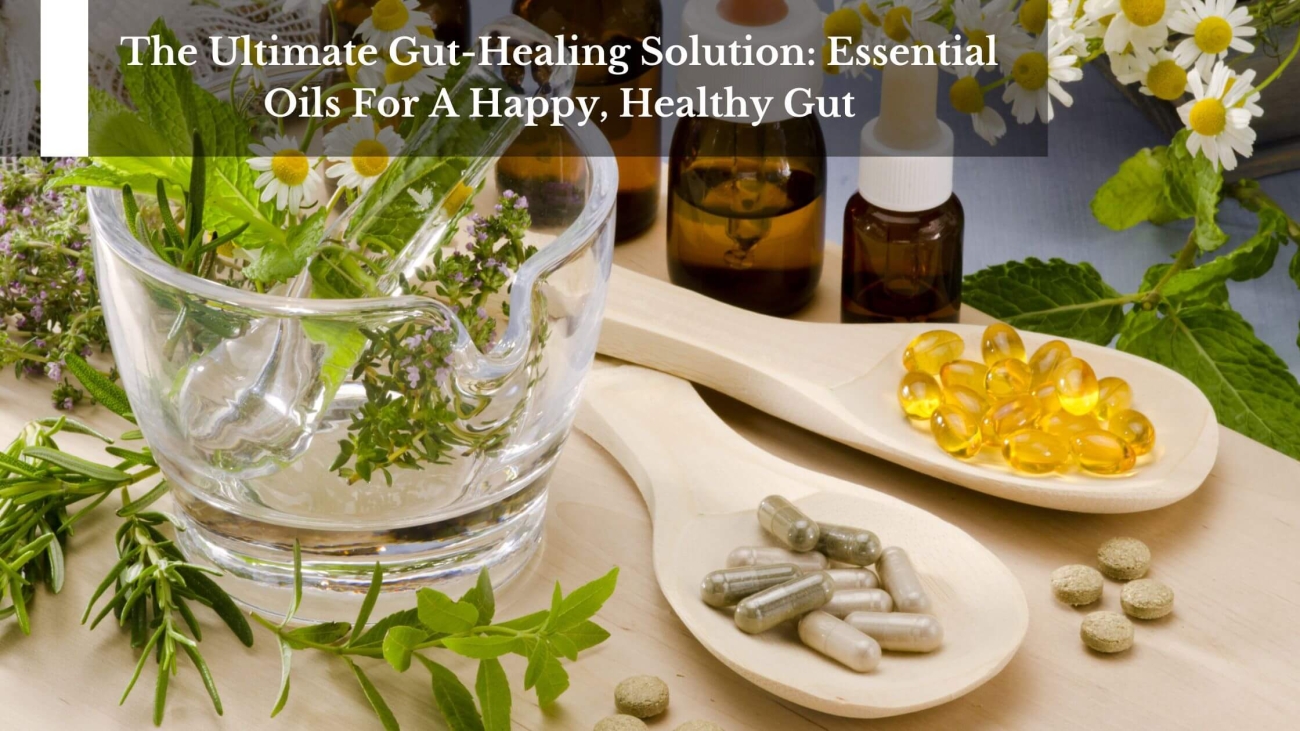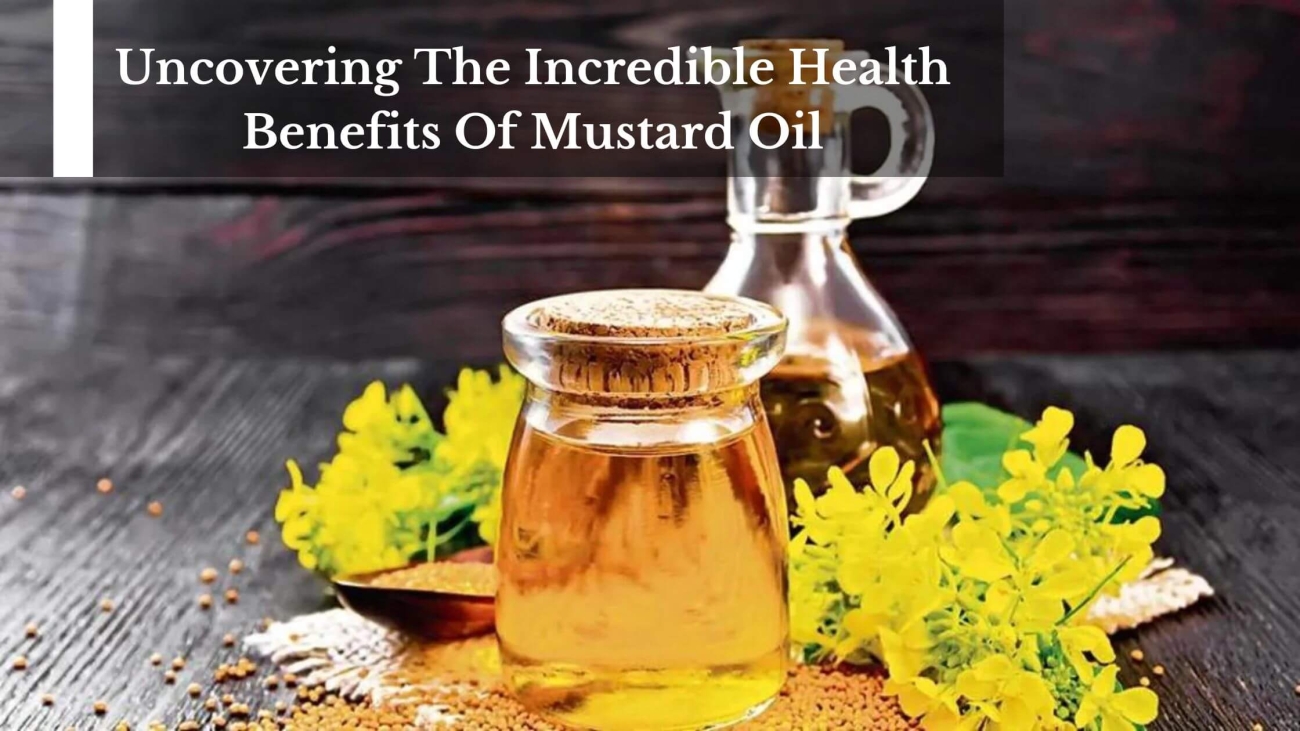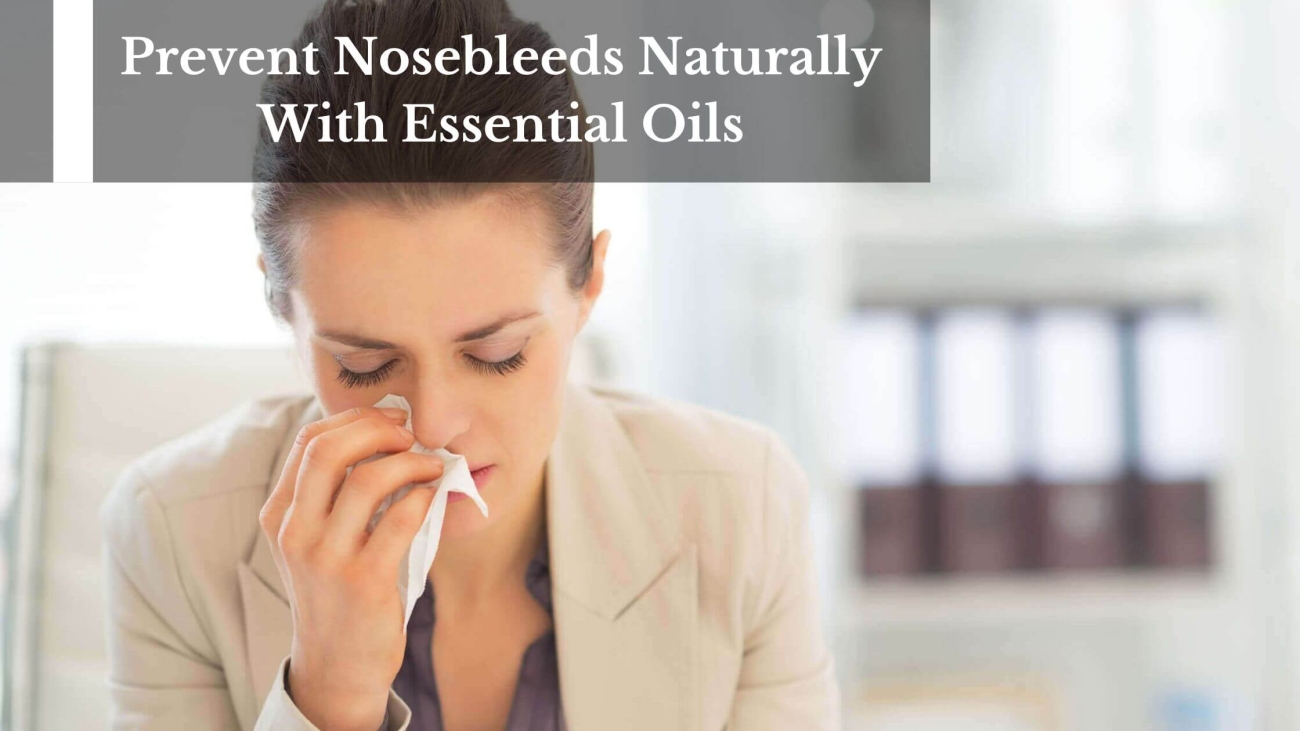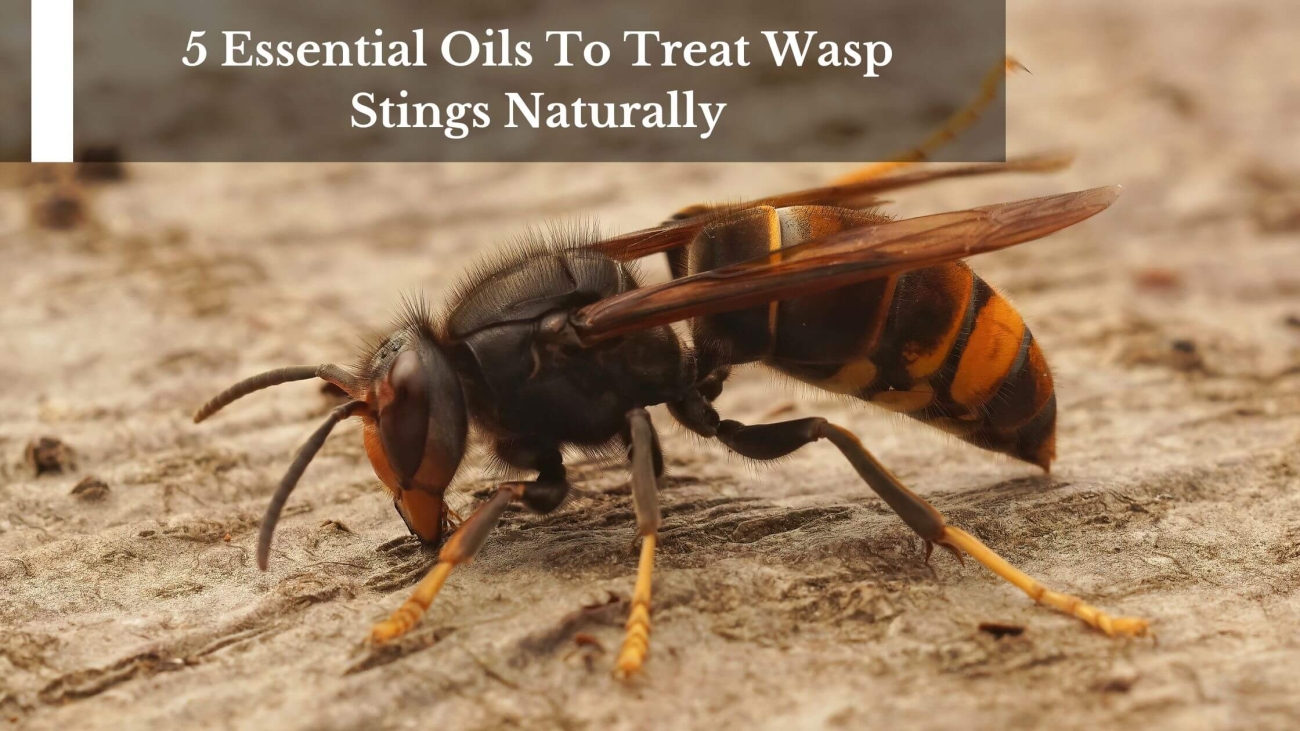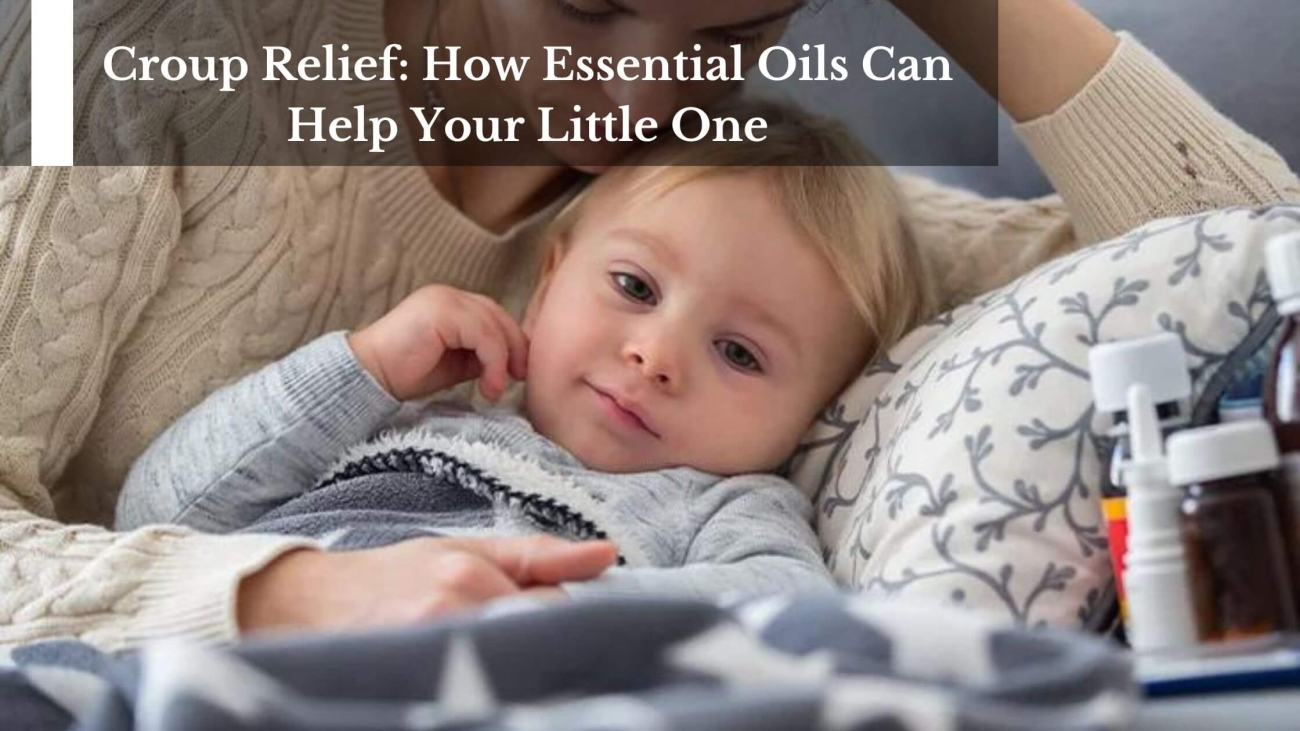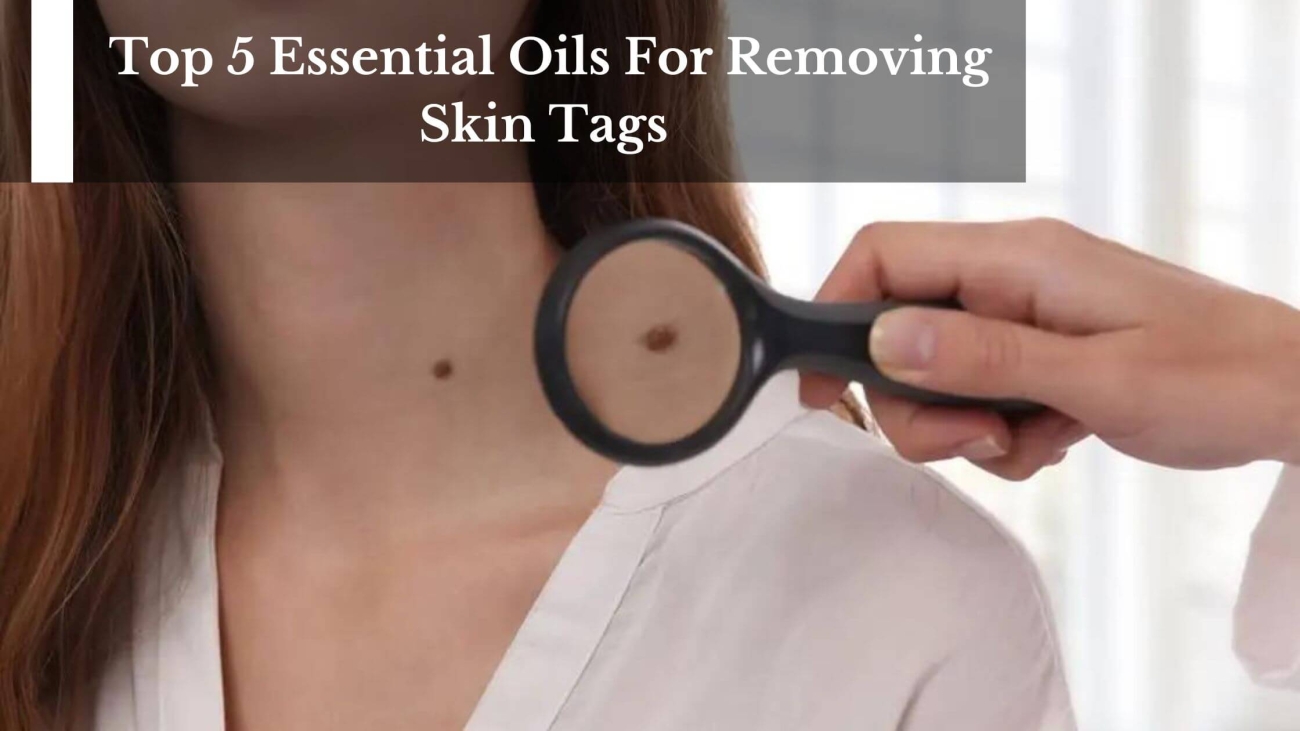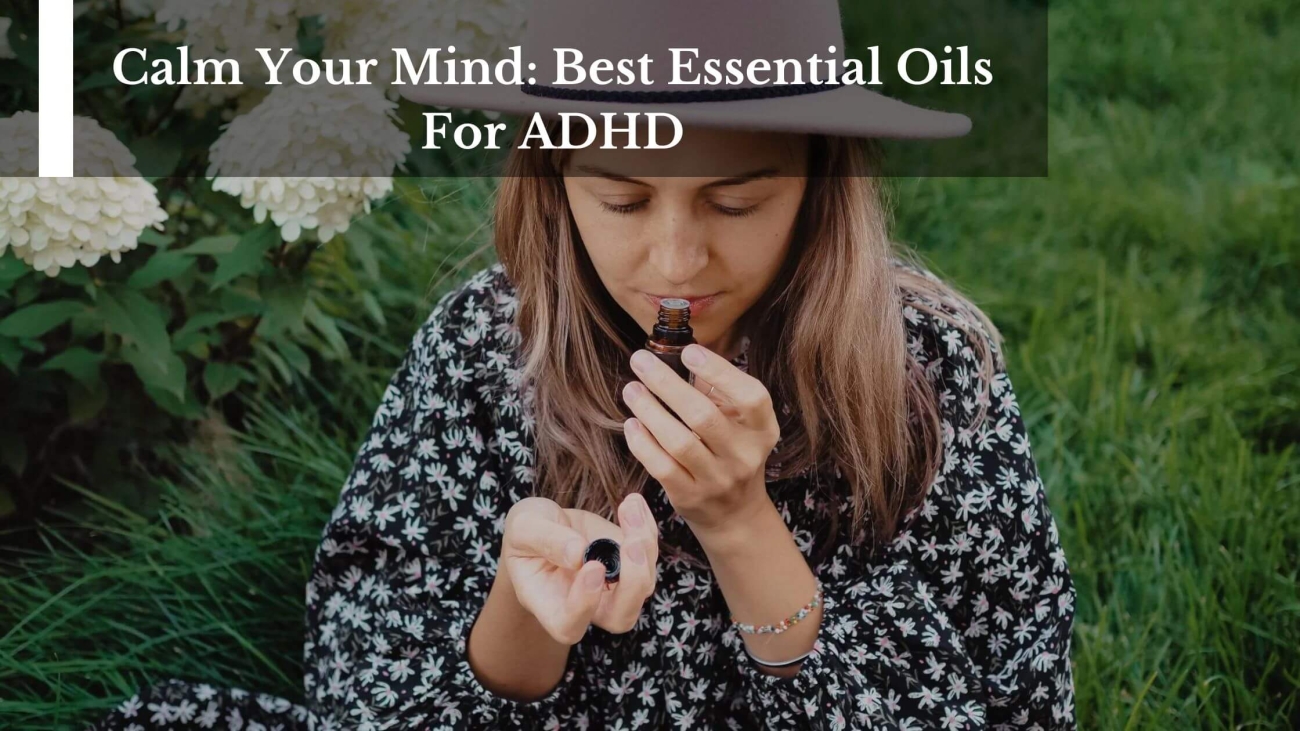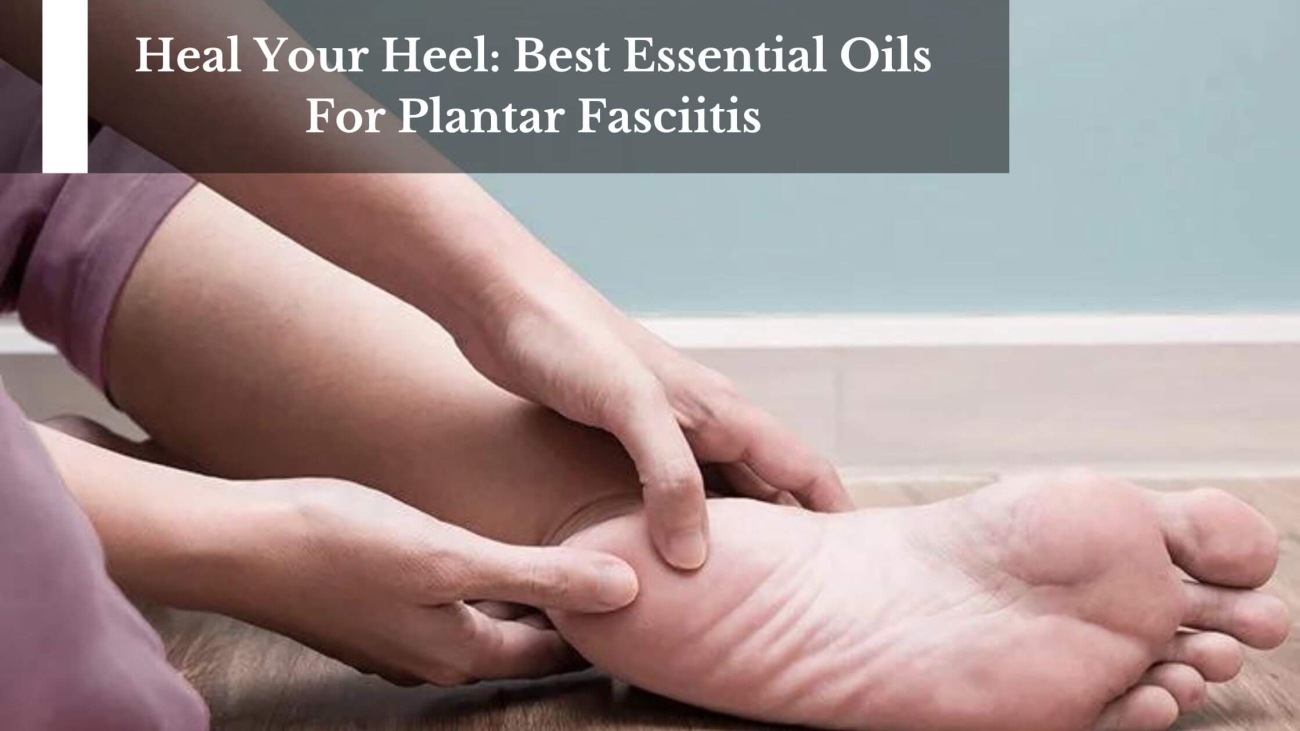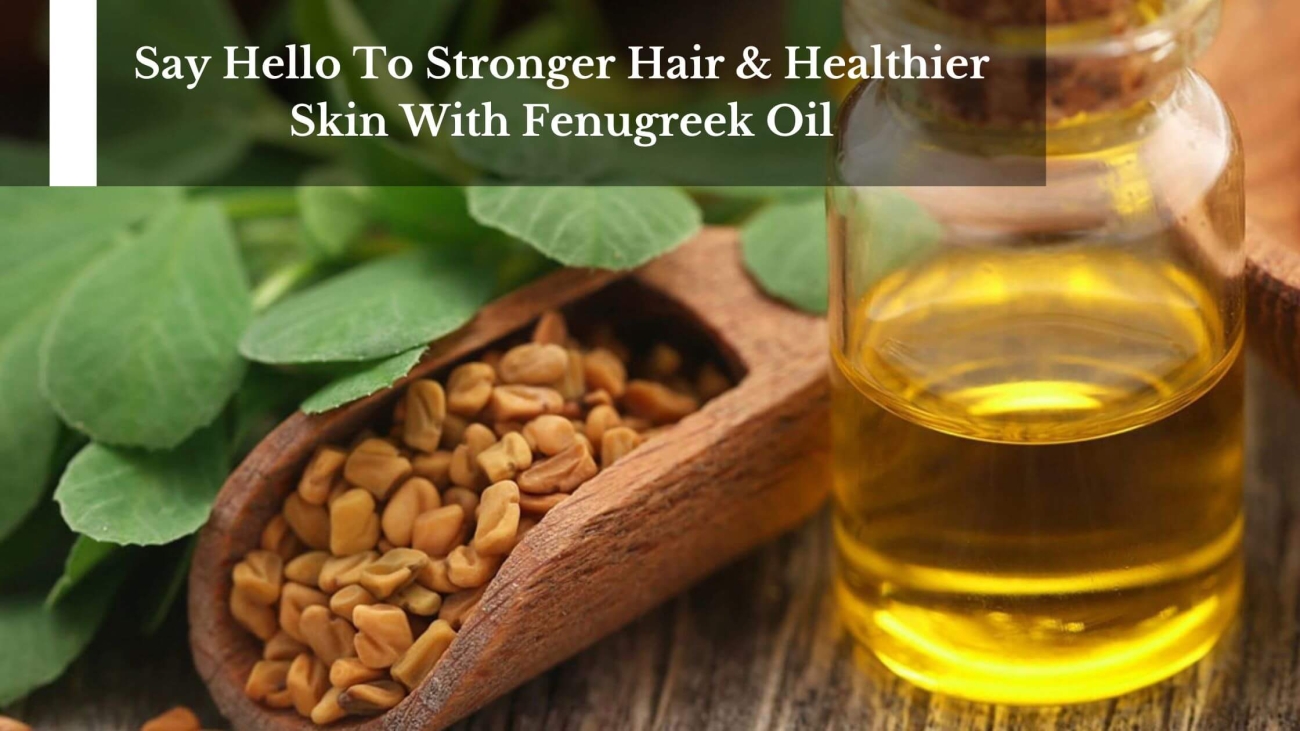The gut is the most important part of our digestive system. Some people feel great, and others have a host of symptoms that could indicate an unhealthy gut. Young children, for example, might suffer from chronic constipation, or adults may experience irritable bowel syndrome or urinary frequency. Poor fecal matter quality can cause chronic inflammation in the body which accelerates aging and leads to weight gain. The good news is that there is hope to improve your health on a cellular level by implementing essential oils into your daily life and utilizing them as natural supplements with healing properties. Essential Oils have antibacterial, antiviral, anti-fungal, and anti-inflammatory properties. They also help repair damaged cells and regenerate new healthy cells.
You may also like:
Another component of essential oils is that they stimulate the lymphatic system which acts as a waste disposal system to remove toxins from your body at a cellular level via your liver and intestines. When it comes to gut health, adding essential oils to your diet through foods such as olive oil with lemon or garlic on vegetables is always beneficial, but when it comes to getting maximum benefits of essential oils, there are certain methods you can use. You can either add them directly into your water or juice or go the supplement route where you would take drops orally.
Best Essential Oils For Gut Health:
1) Ginger Essential Oil
This essential oil is useful for easing digestion and reducing nausea, bloating, and gas. Ginger Oil has anti-inflammatory properties as well, which will help with muscle soreness and cramping.
2) Peppermint Essential Oil
This highly regarded essential oil does wonders for your gut. Peppermint Oil helps ease the flow of bile from the liver which plays a role in fat burning and digestion. It also has a calming effect on the digestive tract and can relieve symptoms of irritable bowel syndrome (IBS). It soothes an upset stomach due to food poisoning or taking too much medication.
3) Eucalyptus Essential Oil
Eucalyptus oil helps treat stomach pain, cramping, and nausea. It has a strong anti-inflammatory action which helps with muscle aches and soreness that come from workouts or intense physical activity.
4) Frankincense Essential Oil
Frankincense essential oil is great for lowering fevers and relieving pain caused by swelling in muscles and joints. It also has antibacterial properties which help to reduce bad bacteria in the gut while promoting the growth of good bacteria.
5) Lavender Essential Oil
Lavender essential oil is useful for treating indigestion, upset stomach, diarrhea, and nausea. It helps prevent infections and is an effective treatment for colds, flu, and other respiratory infections.
6) Lemon Essential Oil
Lemon essential oil is known for its ability to freshen the breath, boost the immune system, and lower fevers. It is a natural antibacterial agent that is beneficial for relieving indigestion and helping with chronic constipation.
7) Oregano Essential Oil
This oil helps relieve gas and bloating. It also promotes detoxification, improves digestion, and relieves cramping.
8) Roman Chamomile Essential Oil
Roman chamomile essential oil is known for helping to relieve anxiety and stress as well as treating insomnia. It also assists in preventing infections.
How To Use Essential Oils For Gut Health?
Essential oils can be used in many ways to promote a healthy gut. Essential oils can be taken orally by using a dropper to put drops under the tongue, or you can add them directly into your water or juice. You can also use a diffuser to disperse the good-smelling essential oil into the air and breathe in the aroma. You can even make a homemade digestive aid by combining an essential oil with coconut oil and rubbing it on areas such as your belly or under your arms while taking deep breaths to help promote digestion and detoxification. Another way to use essential oils is by applying them topically onto the skin or into the bath water. Essential oils can also be added to your food such as olive oil and lemon juice to create a salad dressing that you can bake with. You can also have essential oils in your coffee, tea, or cacao beverage to give it a boost.
You may also like:
DIY Recipes Of Essential Oils For Gut Health Inflammation

Recipe 1: Essential Oil Mixed With Water Every Morning
Ingredients:
- 3 drops of lemon essential oil,
- 1 glass of lukewarm water, and
- 1 tbsp of honey
Directions:
- Place the mixture in a small plastic bottle and take a drop before every meal.
- For meal prep, place these drops into a mason jar with a plastic lid and keep them in the fridge so that you can have them on hand for your meals.
Recipe 2: Essential Oil Blend
Ingredients:
- 1 tbsp of olive oil,
- 2 drops of peppermint or eucalyptus essential oil, and
- a pinch of salt or pink Himalayan sea salt
Directions:
- Mix all the ingredients in a bowl until you make your homemade digestive aid.
- Apply this mixture to your belly and take deep breaths while applying.
Recipe 3: Essential Oil Blend With Apple Cider Vinegar
Ingredients:
- 2 tbsp of apple cider vinegar,
- 15 drops of oregano essential oil,
- 10 drops of lemon, and
- 10 drops of peppermint oil
Directions:
- Mix all the ingredients in a small bottle or mason jar.
- Take a teaspoon or two when you are feeling bloated, or if you have gas.
- Use it for meal prep and store it in your fridge for easy use on the go.
Recipe 4: Essential Oil Blend For Food Preparation
Ingredients:
- 2 tbsp of olive oil,
- 1 tbsp of coconut oil or coconut butter,
- 1 tsp of lemon or lime juice,
- 3 drops each of clove and cinnamon essential oil
Directions:
- Mix all the ingredients in a bowl until you make your homemade digestive aid.
- Apply this mixture to your belly and take deep breaths while applying.
FAQs
1) What precautions should be taken before consuming essential oils for gut health?
Although essential oils have been shown to have a positive effect on the digestive system, it is still best to consult with a certified aromatherapist before you start any new routine. Some oils are not suitable for children or pregnant women so please consult with a professional to find out what would be the best oil for your specific need. Oils that should not be used by those with epilepsy, or high blood pressure, and individuals who are undergoing chemotherapy and radiation treatments should also consult with an experienced aromatherapist to ensure compatibility of oils before using them.
2) Are essential oils safe for children?
Generally, it is best to consult with a professional to find out which essential oil is the best for your particular situation. However, there are a few oils that are safe for children including lavender and chamomile.

